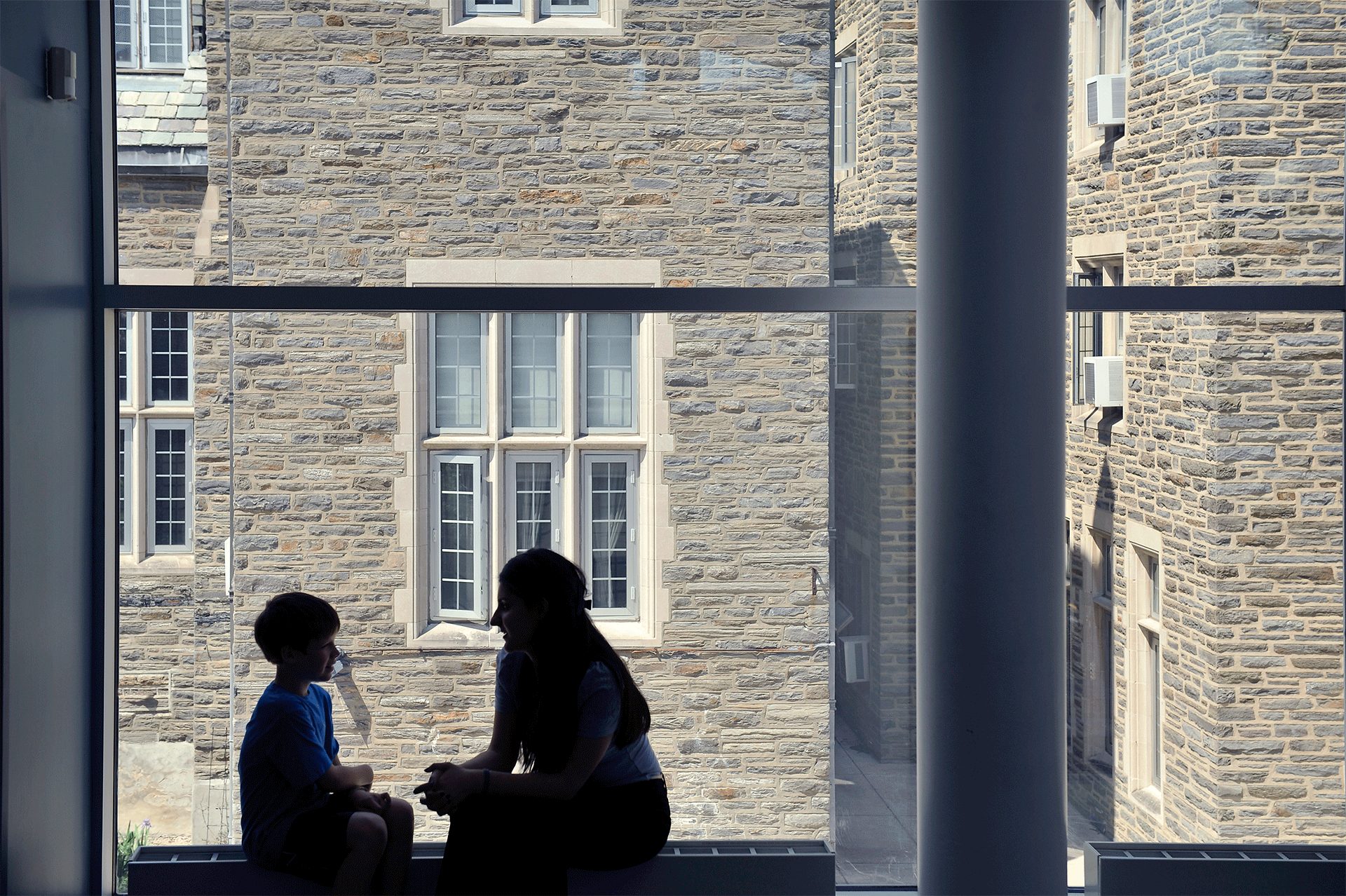
DOCTORATE INCLINICAL SOCIAL WORK
Become an advanced social work practitioner and educator without interrupting your career.
The Doctorate in Clinical Social Work (DSW) Program allows ambitious, MSW-prepared social workers to advance their education in just three years—without putting their careers on hold. Become a clinical expert, inspired educator, and real-world scholar through a convenient blend of online evening classes and on-campus immersion experiences.
Request Info
Learn more about the Doctorate in Social Work program and the SP2 experience.
Apply Now
Ready to experience SP2? Learn more about the application process.
Visit SP2
Join us for an upcoming in-person or virtual event.
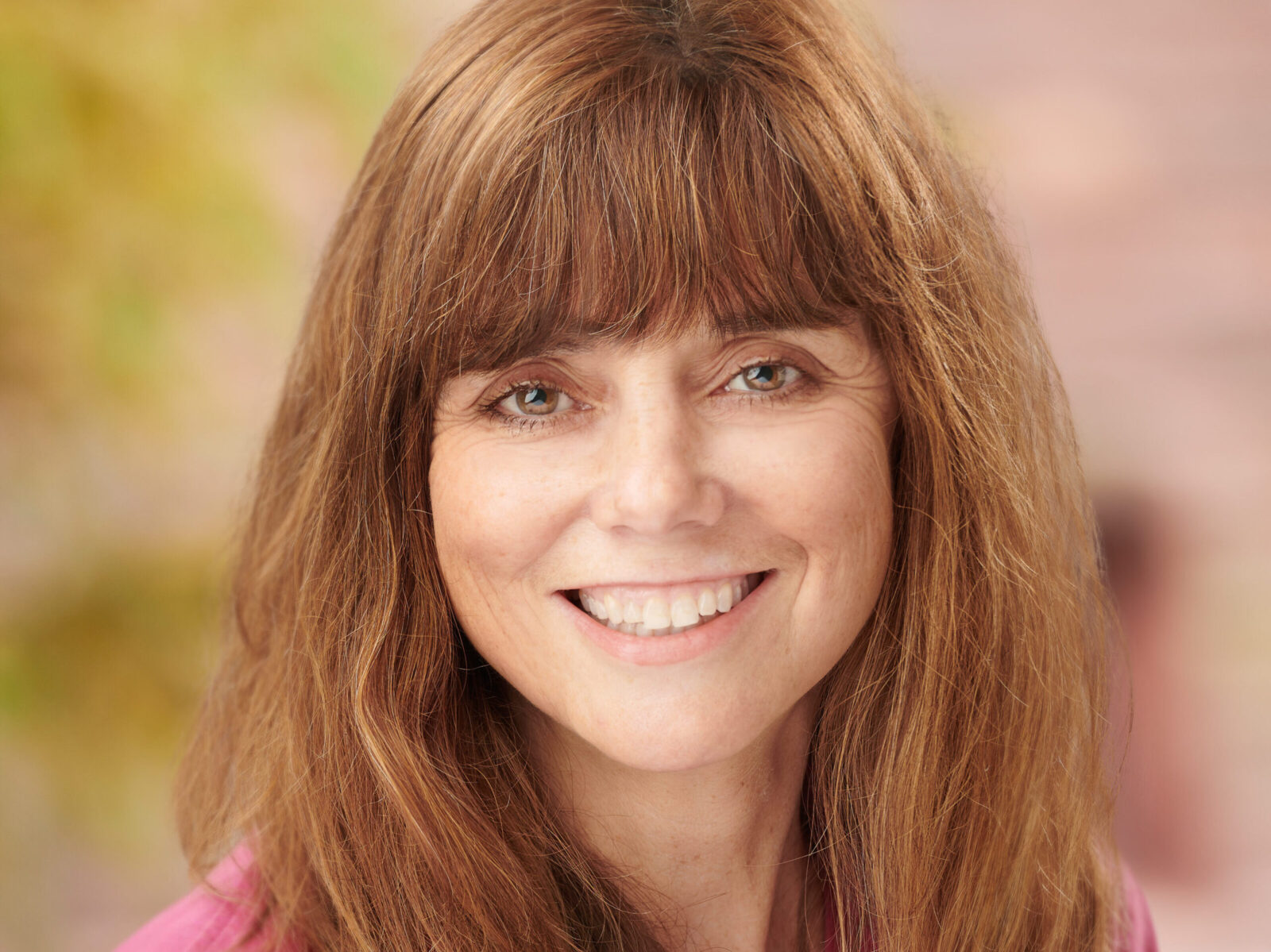
Director’s Welcome
“The dissertation provides an opportunity to gain deep knowledge and become a content expert in a particular area, as well as contribute to the social work knowledge base.”
The SP2 Difference
The School of Social Policy & Practice’s Doctorate in clinical Social Work (DSW) is accredited by the Council on Social Work Education’s (CSWE) Board of Accreditation (BOA). Accreditation of a baccalaureate, master’s, or practice doctorate social work program by the BOA indicates that it meets or exceeds standards of program quality evaluated through a peer review accreditation process. An accredited program has sufficient resources to meet its mission and goals and the BOA has verified that it demonstrates compliance with all sections of the accreditation standards.
Accreditation applies to all program options, which includes locations and delivery methods.
Accreditation provides reasonable assurance about the quality of the program and the competence of students graduating from the program.
Review our program’s accredited status in CSWE’s Directory of Accredited Programs. For more information about social work accreditation, contact CSWE’s Department of Social Work Accreditation.
The nation’s first social work doctorate focused exclusively on practice
A hybrid format designed for busy working professionals
Renowned faculty from around the world leading cutting-edge courses on clinical practice, research, and teaching
INVISIBLE – leave blank
The opportunity to conduct dissertation research on a pressing clinical social work issue under guidance from world-class faculty
A diverse global alumni network
Flexible Hybrid Format
The Penn Doctorate in Social Work curriculum offers working professionals an Ivy League experience wherever they are. Courses are taught through a combination of synchronous (real-time) online interactive video instruction and periodic on-campus immersion. The DSW degree can be earned in as little as two years but typically takes three years to complete.
The Campus Experience
Students begin the program with a five-day immersion experience on Penn’s Philadelphia campus at the start of their first semester (late August/early September). During this residency period, students attend their first classes and participate in a variety of activities that immerse them in the Penn experience and prepare them for what’s to come. During the fall of year two, students return to campus for an additional four-day residency. Students able to visit campus more frequently are invited to use our library, meet with faculty, and take advantage of Penn’s other campus resources and activities.
The Classroom Experience
Classes meet online two evenings per week for two hours. Students and faculty log in on their personal computers or devices from wherever they are. Real-time video conferencing allows everyone to be seen and heard at all times, closely approximating a physical classroom experience. Students are in class for the first two years of the program; in the third year, students participate in a Dissertation Seminar Series that provides support and structure as they complete the last stages of the dissertation.
The Doctorate in Social Work curriculum bridges theory, practice, and research, and prepares students to teach. Students actively engage in learning about and critiquing the recent developments, discoveries, and best practices in evidence-based social work practice and teaching. Classes are taught by Penn faculty and renowned visiting faculty and clinician experts from across the country. The dissertation provides an opportunity to gain deep knowledge and become a content expert in a particular area, as well as contribute to the social work knowledge base.
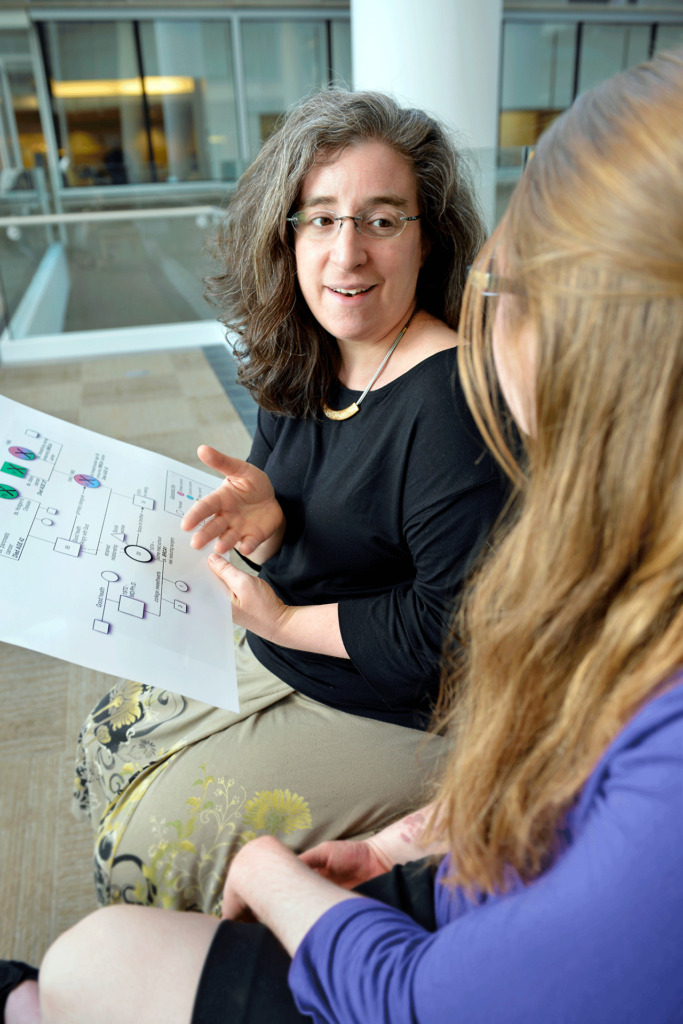
World-Class Faculty
Doctorate in Social Work program faculty are here to help you shape your specific area of expertise, drawing on their own decades of scholarship, teaching, and experience in areas as diverse as mental health, health care services in vulnerable populations, trauma and abuse, and child well-being.
Curriculum
The Penn DSW curriculum is designed to engage students in high-level learning that challenges them to think methodically, critically, and creatively about social work theory, practice, pedagogy, and research.
Students are required to complete 12 course units, a first-year on-campus immersion, a second-year on-campus immersion, a dissertation, and a dissertation defense.
First Year
The program begins with a two-semester foundation that spans clinical theory and research and ends with a core course on trauma-informed interventions. Concurrent with their coursework, students complete a dissertation workshop that guides them through the first stages of their dissertation. Near the end of the year, students are matched with a dissertation chair who shepherds them through the remainder of the dissertation process.
Fall Semester
- SWRK 8040: Methods of Inquiry: Quantitative Research Methods (1CU)
- SWRK 8120: Clinical Theory I (1CU)
- SWRK 8150: Dissertation Seminar I (1CU)
Spring Semester
- SWRK 8050: Methods of Inquiry: Qualitative Research Methods (1CU)
- SWRK 8130: Clinical Theory II (1CU)
- Supervision (1CU)
Second Year
Third Year
During the third and final year of the program, students complete, defend, and deposit their dissertation. There is no formal coursework during this year, but students participate in a dissertation seminar that provides structure and support and keeps them moving steadily toward their defense. Note that some students are able to complete the dissertation in as little as two years.
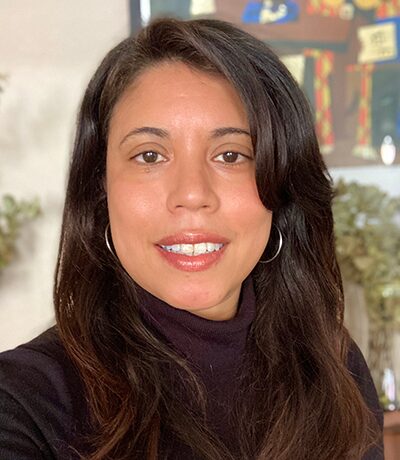
FEATURED ALUMNI
Mery Diaz, DSW ’11
“When I consider the reasons for attending SP2, I think back to the School’s mission — a long-standing commitment to social justice and educating students committed to taking an active role in fighting oppression. The School’s mission resonated with me then and continues to do so now. In our national, and global context, it is a mission constantly being put to the test. I do not take lightly that graduating from SP2 was instrumental in opening doors, but also in shaping the critical scholar, teacher, and mentor I am and strive to be every day with this mission in mind.”
Dissertation
The Process
In collaboration with dissertation mentors and later, with the dissertation committee, students begin developing a dissertation topic during their first semester of the program. Through close mentoring and a tightly structured process, students complete an original work of scholarship that contributes to the clinical social work literature and knowledge base. The dissertation engages students in deep study and positions them as knowledge experts in their content area.
The Method
Students have a variety of options for deciding how to answer their research question. These include systematic/scoping reviews, quantitative designs (including intervention studies and surveys), qualitative studies, and data-driven development of treatment manuals. Please see the DSW Handbook for additional detail.
The Finished Product
The final product may be in the form of a traditional chapter-style dissertation or two publishable articles. All DSW dissertations are published on Scholarly Commons, the University of Pennsylvania’s open-access repository for scholarly work. This ensures that knowledge produced by our students is readily available and accessible for front-line social work practitioners and others who are seeking information on a particular topic.
The Doctorate in Clinical Social Work (DSW) Program is offered by the University of Pennsylvania, an institution of higher education authorized to confer degrees and certificates conferring academic credit under applicable laws of the United States. Students who are interested in participating in the program from countries other than the United States are advised that each jurisdiction may have its own laws and regulations governing online educational programs, and some jurisdictions may not recognize course credit or an online degree awarded by the University as satisfying local requirements for professional licensure, employment qualification, or other purposes. Before enrolling in this program, prospective students should investigate their jurisdiction’s treatment of foreign online programs to ensure that participation in this program will meet their objectives.
Ready to join the DSW community?
Related News
Faculty & Research
03/27
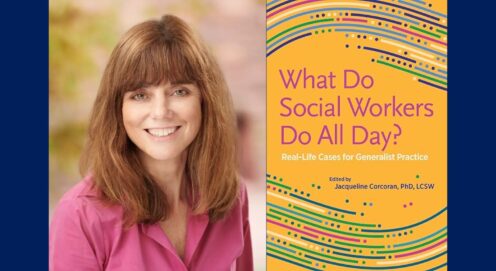
Storytelling and social work intersect in book edited by SP2’s Dr. Jacqueline Corcoran
Seeking a fresh approach to prepare social work students for their careers, SP2 Professor Jacqueline Corcoran came up with a concept at the intersection of storytelling and social work for her recent edited collection, “What Do Social Workers Do All Day? Real-Life Cases for Generalist Practice.”
Faculty & Research
12/20
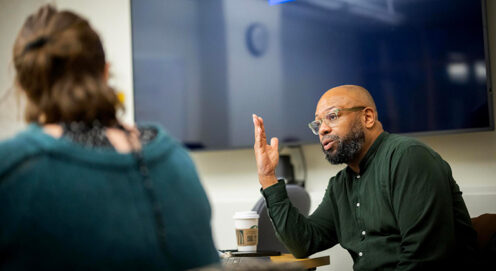
Journey to Joy
In a joint class within SP2 and the Annenberg School for Communication, Penn Integrates Knowledge University Professor Desmond Upton Patton invites students to seek fulfillment in less tangible forms and dream big in Journey to Joy: Designing a Happier Life.
Alumni
09/23
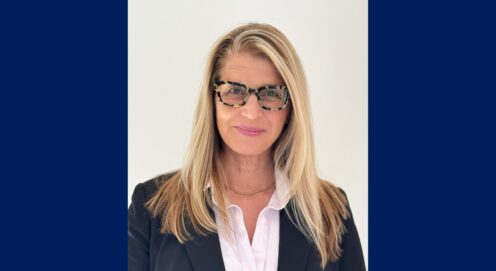
Alumni Q&A | Jessica Aldrich Strassman, DSW’24
Having explored how a World War II population’s trauma narratives are experienced by subsequent generations for her dissertation, Jessica (Jesse) Aldrich Strassman, MSW, LCSW, DSW, is committed to studying expulsion, flight, and migration. As a new graduate of SP2's DSW Program, she continued pursuing her research interests this summer in Greece.
Contact Us
